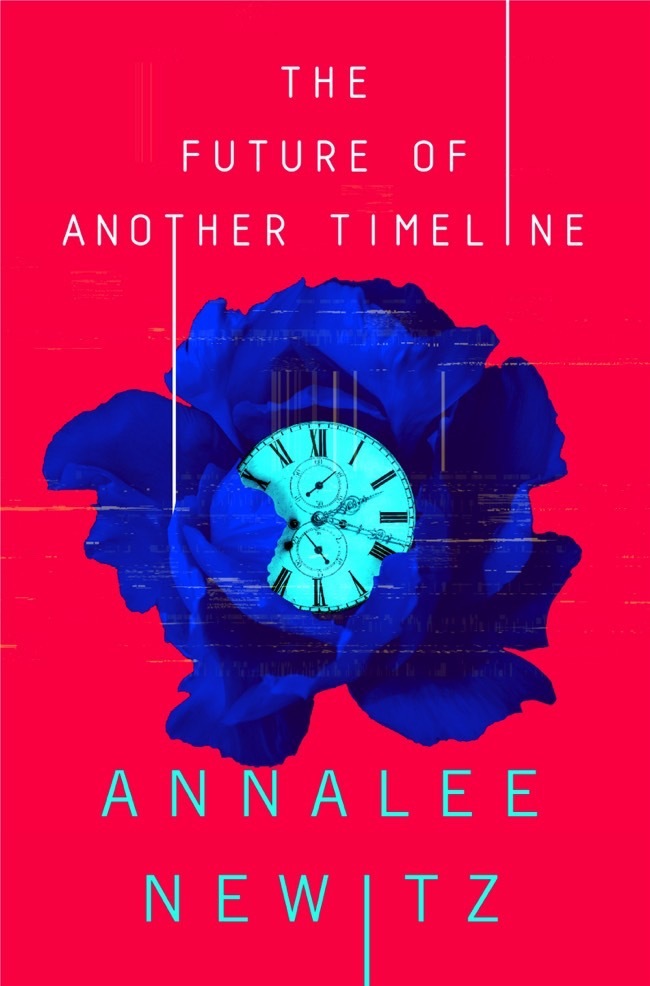What do you think?
Rate this book


272 pages, ebook
First published September 24, 2019
That’s when I decided the point of travel was not to observe history, but to change it.



I remember a world where abortion was legal in my country. I hope you do too.
—p.347
"Sometimes I think going to college is kind of like dying. You're this one kind of person, with all different interests, but then you have to cut those off and become someone totally different."
—Hamid, right before a rather steamy scene, on p.70